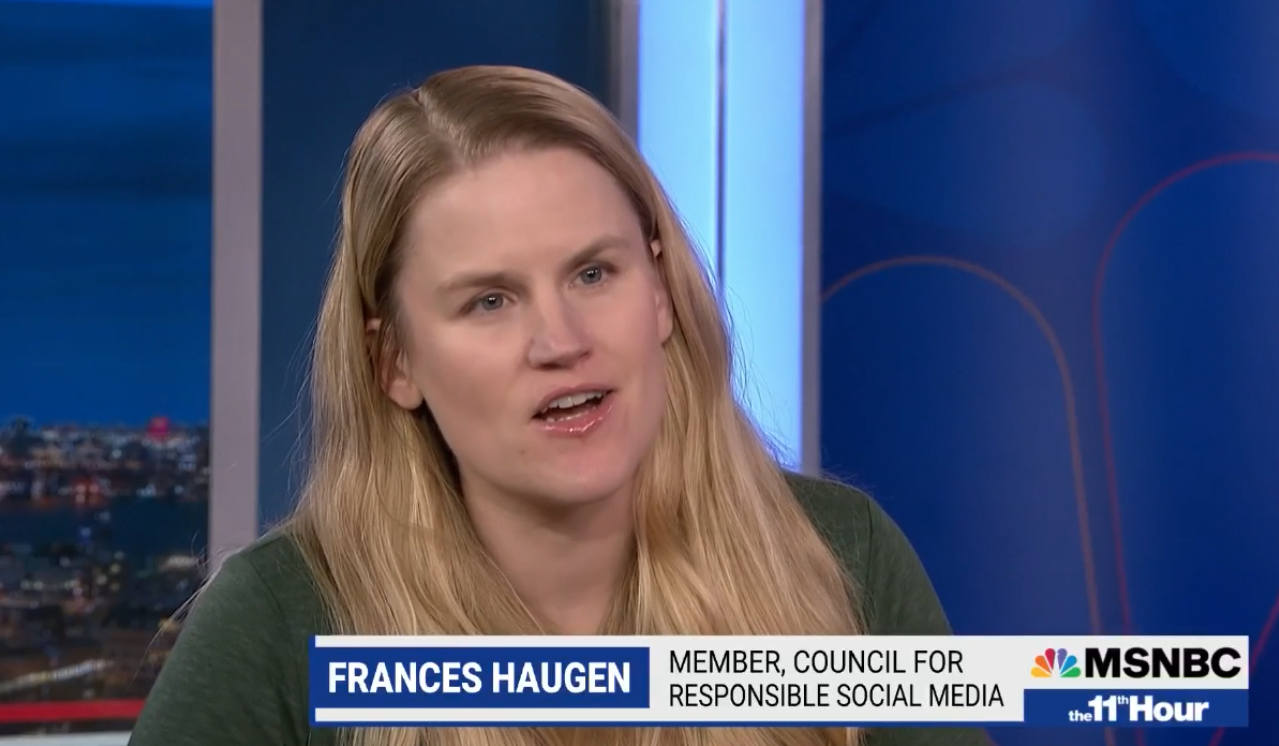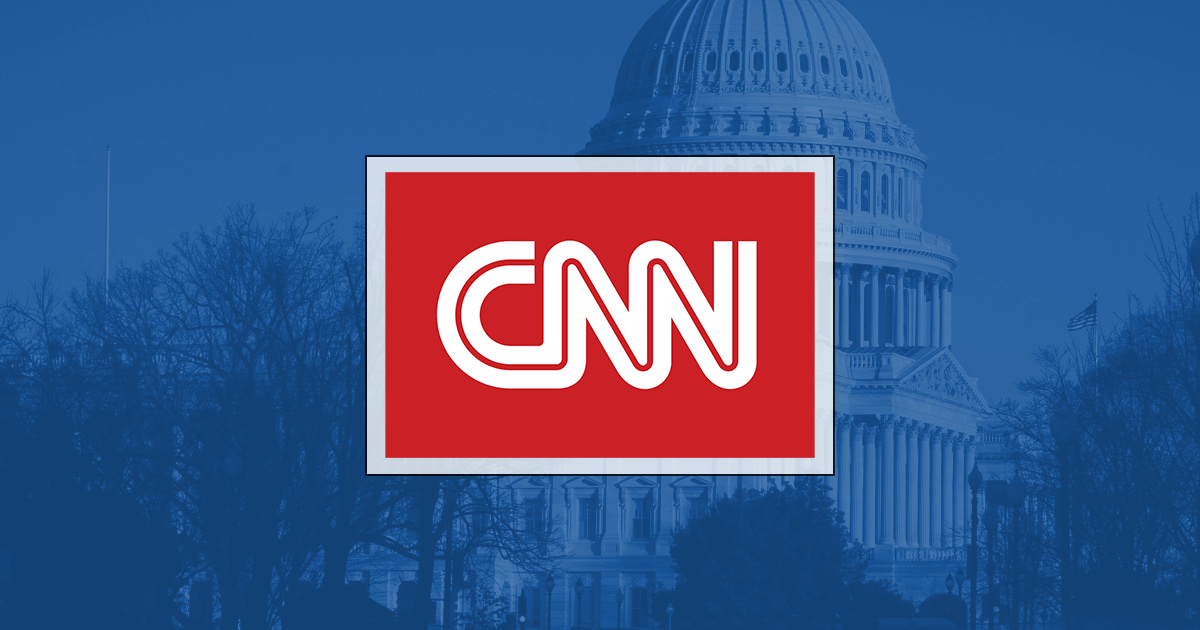Council for Responsible Social Media - Issue One (original) (raw)

Social media promised to build a more interconnected, informed world. But now the harms the platforms are causing are exceeding the promise of greater improved conversation and global connectedness, and American democracy is at stake.
These harms are widespread: degraded mental health, especially for our children, growing political polarization, fragile democracies disrupted by propaganda, conspiracy theories going mainstream, and increased distrust of foundational institutions. How is this happening? The simple answer is that the Big Tech companies are operating with no serious accountability or oversight, and they are putting profits above the societal harms to our kids, for our communities, and to U.S. national security.
In the same way that tobacco companies designed purposefully addictive products, marketed those products aggressively to teens and adults, and suppressed research about their product, today’s social media companies are obscuring the truth and preventing change.
We need to adopt significant bipartisan solutions, and that’s exactly what the Council for Responsible Social Media is all about. The Council brings together a multi-sectoral group of leaders who are focused on finding solutions to the technological harms to our kids, communities, and national security. The Council brings together Republicans and Democrats, policymakers and members of the media, impacted communities and key stakeholders to elevate a bipartisan conversation and advance impactful, achievable solutions.
Strategies and Tools
As a unique and unified voice, the Council will change the national conversation around social media reform so it is focused on meaningful, achievable and bipartisan solutions. Here’s how we’ll do it:
- Advocate for key policies and legislation with the Biden Administration, on Capitol Hill, and in select state legislatures across the country.
- Publicly pressure social media platforms to make meaningful platform and internal governance changes.
- Hold bipartisan public hearings — both in-person and virtual — that are open to the press and highlight testimony from parents, pediatricians, child psychologists, national security leaders and tech experts who can shed light on the impact of decisions being made inside the platforms.
- Serve as a resource for the media, providing bipartisan insights, information, and quotes. The Council will point reporters and producers to academics, advocates, other stakeholders who also have bipartisan or nonpartisan credibility.
- Develop and strategically distribute powerful written and video content about the harms caused by social media.
The Members
- Co-chair Dick Gephardt
Fmr. Congressman (D-MO) and Majority Leader - Co-chair Kerry Healey
Fmr. Lieutenant Governor (R) of Massachusetts - Imran Ahmed
Founder and CEO of the Center for Countering Digital Hate - Danielle Allen
Professor at Harvard University and Director of the Democracy Renovation Lab - Nora Benavidez
Senior Counsel and Director, Digital Justice and Civil Rights at Free Press - Sophie Beren
Founder and CEO of The Conversationalist - Joel Bervell
TikTok disinformation specialist, member of White House Healthcare Leaders in Social Media Roundtable - Kristin Bride
Social media reform advocate - John Bridgeland
Co-chair and CEO of More Perfect and fmr. Director of the White House Domestic Policy Council - Cheri Bustos
Fmr. U.S. Congresswoman (D-IL) - Susan Coppedge
Fmr. U.S. Ambassador-at-Large for the Office to Monitor and Combat Trafficking in Persons and Executive Director of the Georgia Legal Services Program - Jiore Craig
Head of Digital Integrity at the Institute for Strategic Dialogue - Timothy Dalrymple
President and CEO of Christianity Today - Renée DiResta
Associate Research Professor for the McCourt School of Public Policy’s Tech & Public Policy program and Massive Data Institute - Linda Douglass
Fmr. Global Head of Communications for Bloomberg, Senior Vice President at Atlantic Media, and Communications Director in the White House’s Office of Health Reform - R.P. Eddy
CEO of Ergo and fmr. Director of the White House National Security Council - Yaël Eisenstat
Senior Policy Fellow at NYU, Cybersecurity for Democracy - Craig Forman
Fmr. CEO and President of McClatchy, Executive Chairman of the Center for News, Technology & Innovation - Mary Anne Franks
Professor of Intellectual Property, Technology, and Civil Rights Law at the GW Law School; President and Legislative & Tech Policy Director of the Cyber Civil Rights Initiative - Dan Glickman
Fmr. Secretary of Agriculture and Congressman (D-KS) - Nancy Gibbs
Fmr. Editor of TIME and Director of the Harvard Shorenstein Center on Media, Politics, and Public Policy - Josh Golin
Executive Director of Fairplay - Porter Goss
Fmr. Director of the CIA and Congressman (R-FL) - Jonathan Haidt
Professor of Ethical Leadership at New York University Stern School of Business, social psychologist, and best-selling author - Chuck Hagel
Fmr. Secretary of Defense and U.S. Senator (R-NE) - Tristan Harris
Co-founder and Executive Director of the Center for Humane Technology - Frances Haugen
Facebook whistleblower and tech expert; Founder of Beyond the Screen - Steve Israel
Fmr. Congressman (D-NY), Director of the Institute of Politics and Global Affairs at Cornell University - Daniel Kelley
Associate Director of the Anti-Defamation League's Center for Technology and Society - Emma Lembke
Founder and CEO of LOGOFF and Co-chair of Design It For Us - Herb Lin
Senior Research Scholar at the Center for International Security and Cooperation at Stanford University - Nathaniel Lubin
Fmr. Director of the Office of Digital Strategy at the White House - Mary Mazzio
Documentary filmmaker - Claire McCaskill
Fmr. U.S. Senator (D-MO) - Sean McGarvey
President of North America's Building Trades Unions - Manu Meel
CEO of BridgeUSA - Bill Owens
Fmr. Vice Chairman of the Joint Chiefs of Staff and U.S. Navy Admiral - Farah Pandith
Fmr. Member of the Homeland Security Advisory Council, State Department Special Representative to Muslim Communities, and Director for Middle East Regional Initiatives for the National Security Council - Leon Panetta
Fmr. Secretary of Defense, Director of the CIA, White House Chief of Staff, and Congressman (D-CA) - Trisha Prabhu
Founder and CEO of ReThink - Zamaan Qureshi
Co-founder of Design It For Us - Anjana Rajan
Fmr. Chief Technology Officer of Polaris - Maria Ressa
Recipient of the Nobel Peace Prize, Founder and CEO of Rappler - Reid Ribble
Fmr. Congressman (R-WI) - Denver Riggleman
Fmr. Congressman (R-VA) and Senior Technical Advisor to the U.S House Select Committee on the January 6 Attack on the U.S. Capitol - Michael Rogers
Fmr. Director of the NSA and U.S. Navy Admiral - Vivian Schiller
Executive Director of Aspen Digital, fmr. President and CEO of NPR, Global Chair of News at Twitter, and General Manager of NYTimes.com - Chris Shays
Fmr. U.S. Congressman (R-CT) - Craig Spencer
Associate Professor of the Practice of Health Services, Policy, and Practice at Brown University - Jamie Susskind
Best-selling author and barrister - Jason Thacker
Chair of Research in Technology Ethics at the Southern Baptist Convention’s Ethics and Religious Liberty Commission - Tommy Thompson
Fmr. Governor of Wisconsin (R), Secretary of Health and Human Services - Nicole Tisdale
Fmr. Director for the National Security Council - Danny Weiss
Chief Advocacy Officer at Common Sense Media - Tom Wheeler
Fmr. Chair of the Federal Communications Commission - Isabelle Frances Wright
Head of Technology and Society at the Institute for Strategic Dialogue, and fmr. Global Election Integrity Policy Lead at TikTok - Layla Zaidane
President and CEO of Future Caucus
Why Issue One?
For a decade, Issue One has been a leading voice in the effort to build a democracy that works for everyone. We have defended our elections against disinformation and disruption, advanced a modern and effective legislative branch, and built broad coalitions to strengthen democracy in the face of rising polarization. In each of these efforts, we have found ourselves pushing back against the destructive influence of social media on our democracy. We have approached this work from a crosspartisan discipline, uniting Republicans, Democrats, and independents in the movement to fix our broken political system — often through high-level bodies of leaders like the ReFormers Caucus, the National Council on Election Integrity, and the Faces of Democracy campaign. Now, Issue One is applying its experience and strengths to bring attention, energy, and bipartisan problem-solving to the challenges posed by social media.

 Dec 18, 2023 Press releases New report underscores how social media companies are hurting kids, national security, and democracy Social media companies remain largely unchecked and free of any liability from the harm they cause... Today Issue One and its Council for Responsible Social Media (CRSM) released “Dangerous by Design,” a new report underscoring the widespread and ongoing threats and harms that social media companies…
Dec 18, 2023 Press releases New report underscores how social media companies are hurting kids, national security, and democracy Social media companies remain largely unchecked and free of any liability from the harm they cause... Today Issue One and its Council for Responsible Social Media (CRSM) released “Dangerous by Design,” a new report underscoring the widespread and ongoing threats and harms that social media companies…  Nov 17, 2023 TV appearances MSNBC: Whistleblower warns about risks teens face on social media Council for Responsible Social Media member Frances Haugen interviewed...
Nov 17, 2023 TV appearances MSNBC: Whistleblower warns about risks teens face on social media Council for Responsible Social Media member Frances Haugen interviewed...  Nov 07, 2023 In the media CNN: Execs ignored the damage Instagram does to teens, Meta whistleblower tells Congress Council for Responsible Social Media member Frances Haugen quoted...
Nov 07, 2023 In the media CNN: Execs ignored the damage Instagram does to teens, Meta whistleblower tells Congress Council for Responsible Social Media member Frances Haugen quoted...  Jul 27, 2023 Press releases Issue One and its Council for Responsible Social Media applaud KOSA advancement and urge swift passage in Congress Today, the Senate Commerce Committee voted unanimously to advance the Kids Online Safety Act (KOSA), setting the stage for a vote before the full Senate. Issue One applauds this critical…
Jul 27, 2023 Press releases Issue One and its Council for Responsible Social Media applaud KOSA advancement and urge swift passage in Congress Today, the Senate Commerce Committee voted unanimously to advance the Kids Online Safety Act (KOSA), setting the stage for a vote before the full Senate. Issue One applauds this critical…